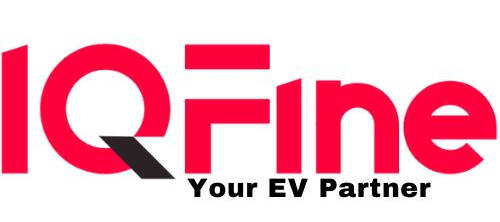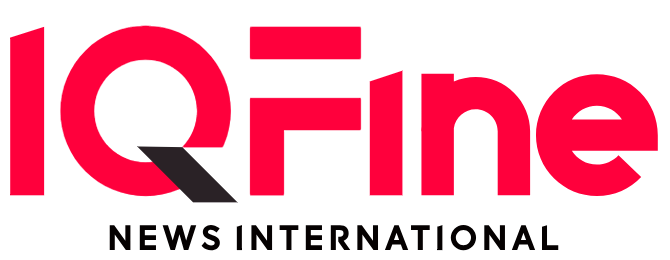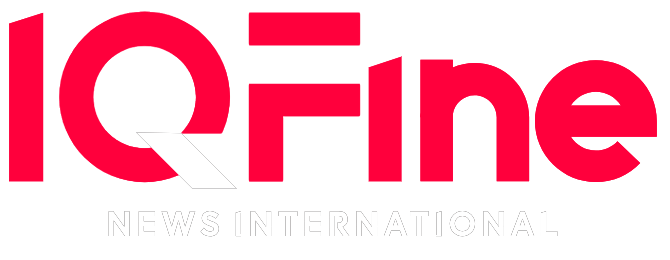While Tesla’s vehicle delivery numbers fell short of expectations, there was a bright spot in the report: the continued growth of Tesla’s energy storage business.
Traditionally, Tesla would only share production and delivery figures for its automotive division at the start of each new quarter. However, this changed in 2024.

In Q1 2024, Tesla experienced a significant drop in vehicle deliveries for the first time in years. To balance the narrative, the company also highlighted its energy storage deployments, which showcased much stronger performance.
The company continued to do so throughout the year, and with the release of its Q4 results recently, Tesla confirmed that it deployed 11 GWh of energy storage:
In the fourth quarter, we produced approximately 459,000 vehicles, delivered over 495,000 vehicles and deployed 11.0 GWh of energy storage products- a record for both deliveries and deployments.
That’s a new record, up 1.6 GWh from Tesla’s last quarter in Q2 2024 when the company deployed 9.4 GWh of energy storage.
Tesla’s recent energy storage deployment growth highlights a major leap forward—1.6 GWh, a figure that matches what Tesla used to deploy in an entire quarterback market in 2022.
This surge is largely attributed to the full ramp-up of Tesla’s Megafactory in Lathrop, California. The facility produces the Megapack, Tesla’s energy storage solution designed for large utility-scale projects. While Tesla has also increased production of its Powerwall for residential use, there have been reports of inconsistencies in the company’s claimed Powerwall production capacity.
Building on the success of the California Megafactory, Tesla is now working to replicate the model with a new Megafactory in Shanghai, set to begin production this year.
Although Tesla’s energy storage volumes are rising, the company has had to lower prices to sustain demand amidst growing competition. Notably, earlier this year, CATL—Tesla’s battery cell supplier for many products—launched its own Megapack competitor, which is expected to intensify the pressure on Tesla in the energy storage market.








